
Wit can cut deeper than a sword, and some of history’s highly memorable figures mastered the art of the perfectly timed remark. Across various cultures, sharp words have left lasting impressions. This article explores how clever comebacks have stood the test of time, showcasing the powerful blend of intelligence and humor.
Winston Churchill
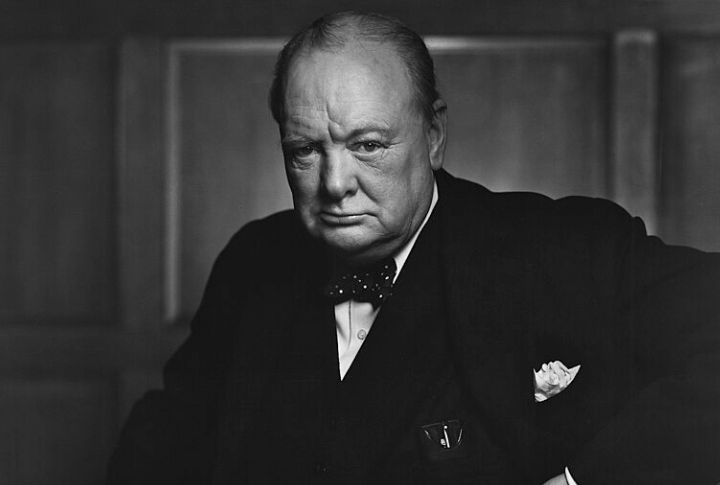
Lady Astor once told Winston Churchill, “If I were your wife, I’d poison your tea.” Using his typical sharp wit, Churchill shot back, “If I were your husband, I’d drink it.” Their legendary exchanges captured the essence of clever political banter and remain among history’s most quoted repartees.
Oscar Wilde
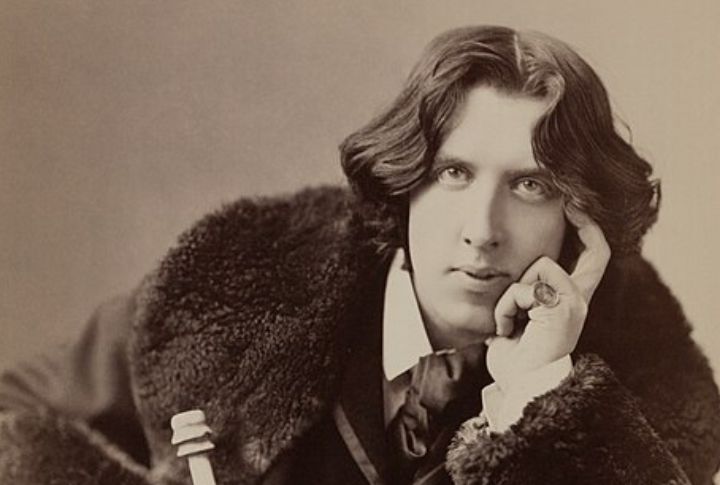
Famed for his epigrams and literary satire, Oscar Wilde was known for crafting many of his most biting insults in his works. Even today, his clever, timeless observations continue to resonate and delight audiences. Among his most quoted lines is, “Some cause happiness wherever they go; others whenever they go.”
Groucho Marx
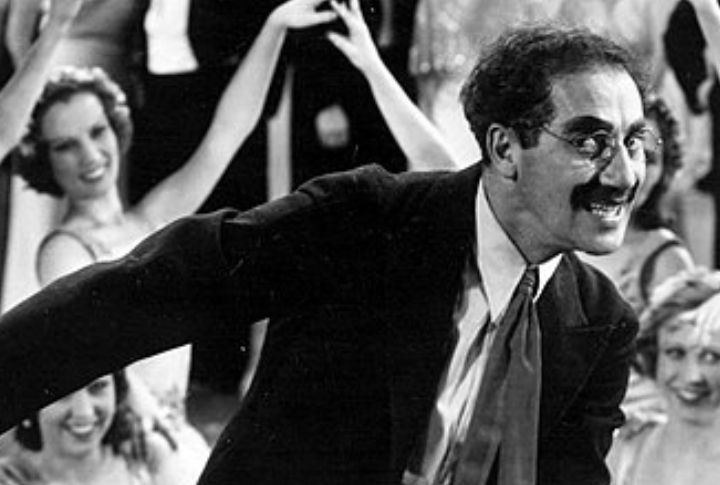
Distinguished by his ability to slice through arrogance with impeccable timing, Groucho Marx once quipped, “I never forget a face, but in your case, I’ll make an exception.” This line reflects his signature blend of sarcasm and speed. These defining qualities earned him a lasting place in the history of radio and film comedy.
Muhammad Ali
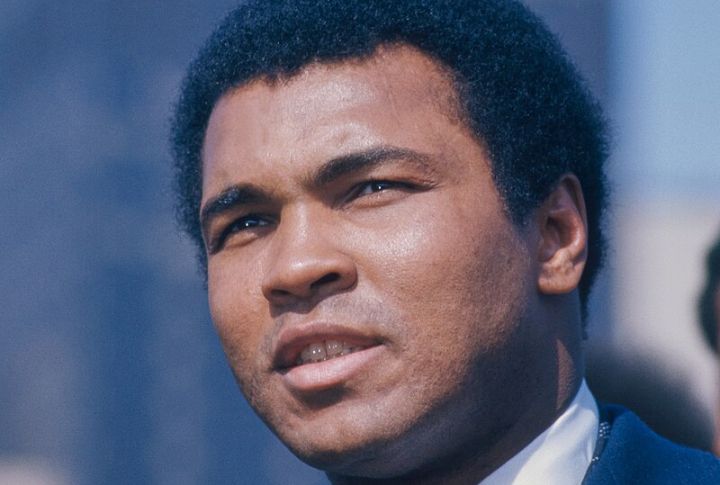
More than quick fists, Muhammad Ali had a mouth that hit just as hard. He used to joke that Sonny Liston “smells like a bear” and should be sent to the zoo. Equally celebrated for his eloquence alongside athleticism, Ali often employed sarcasm and psychological tactics to unsettle his opponents.
Dorothy Parker

Having a tongue as sharp as her pen, writer Dorothy Parker wryly remarked of a man, “He speaks eighteen languages and can’t say ‘No’ in any of them.” As a member of the Algonquin Round Table in the 1920s, Parker’s work contributed to a tradition of literary satire that continues to influence contemporary writings.
Gore Vidal
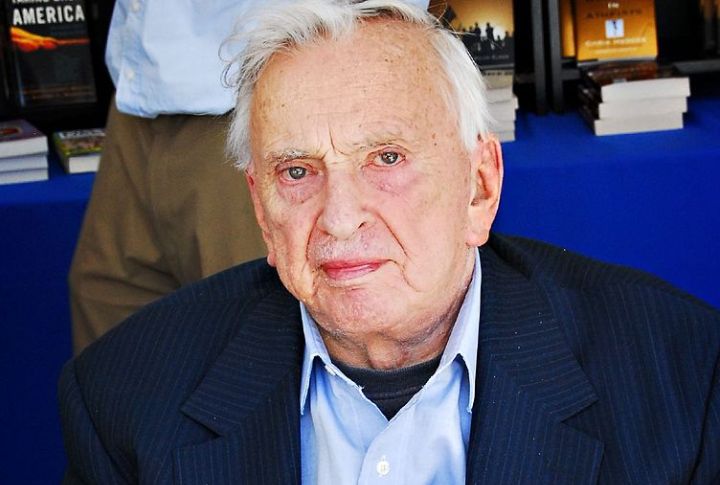
Gore Vidal, celebrated for his articulate and intellectual insults, relentlessly mocked his rival Truman Capote—a feud that became legendary in literary circles. Their clever exchanges made headlines regularly. Of Capote, Vidal quipped with amusement, “He’s a good time that’s been had by all.”
Mae West
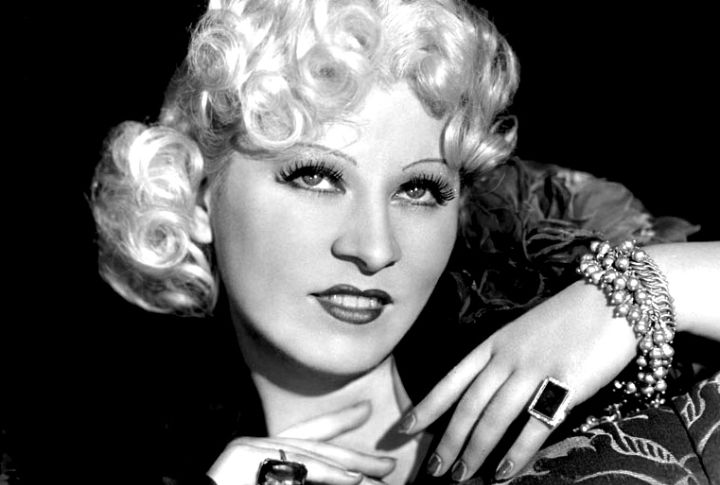
“His mother should have thrown him away and kept the stork.” The quip, delivered by actress Mae West, captures the sultry humor and sharp wit that defined her career. Writing much of her dialogue, she brought a bold female voice to early Hollywood comedy, one rarely seen back then.
Abraham Lincoln
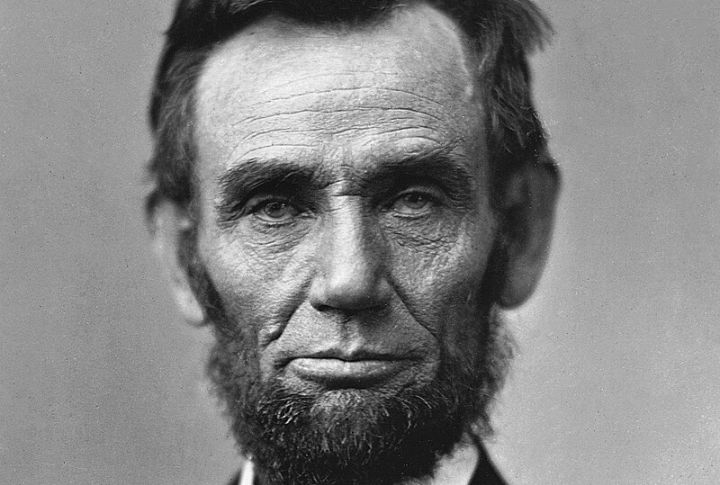
Master of self-deprecating banter, Abraham Lincoln, regularly used sarcasm to disarm critics and ease tension during heated debates. His clever comebacks helped humanize his political image. When accused of being “two-faced,” he replied, “If I had another, do you think I’d wear this one?”
Bette Davis
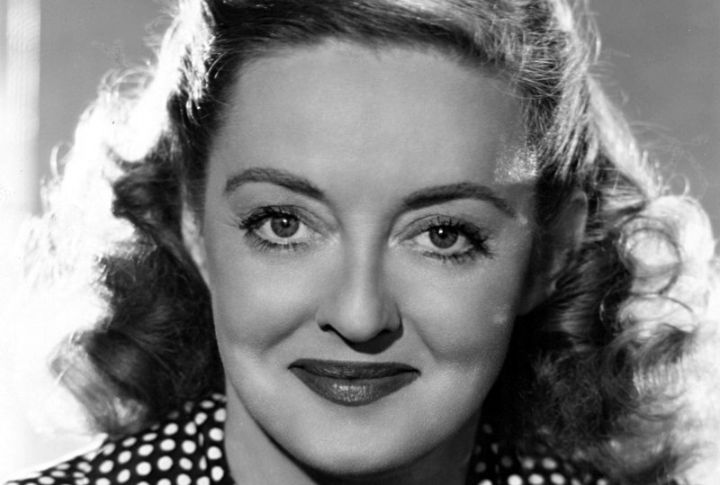
Carrying a reputation for razor-sharp barbs, Bette Davis once delivered a blistering insult about Joan Crawford and said, “She slept with every male star at MGM, except Lassie, the dog.” The feud between the actresses remains one of Hollywood’s most famous, and the remark is still considered a peak moment of on-record shade.
Voltaire

A leading figure of the Enlightenment, Voltaire used logic and satire to critique political institutions. He would dissect hypocrisy using a calm, piercing tone. Of the Holy Roman Empire, he sharply declared it was “neither holy, nor Roman, nor an empire.” This statement is a masterclass in historical irony.
Elizabeth Taylor
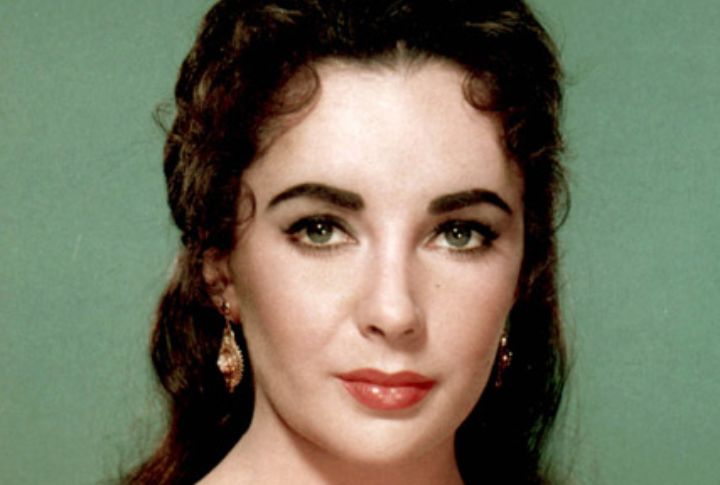
Elizabeth Taylor had a high-profile love life and a clever sense of humor to match. She once joked, “I am a very committed wife, and I should be committed.” That line helped her shrug off critics to build a reputation as someone unafraid to speak honestly, even about herself.
W.C. Fields
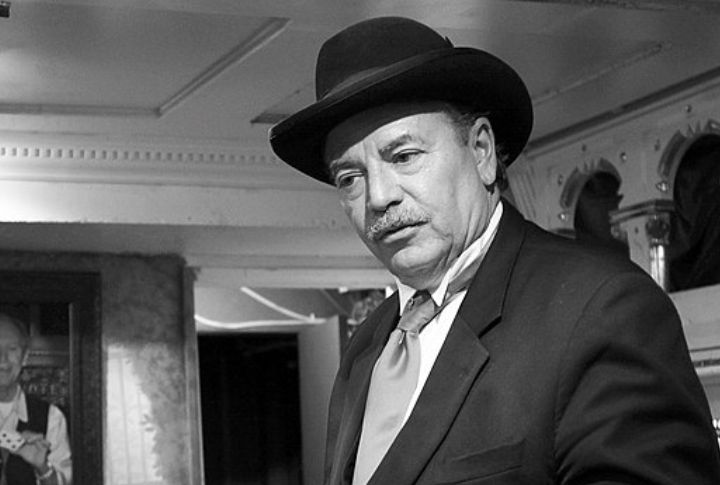
Celebrated for his dry, misanthropic jabs, W.C. Fields delivered barbed remarks with impeccable composure and wit. His unique comedic persona left a lasting impact on generations of performers. Among his most enduring quotes is this piercing observation: “I am free of all prejudice. I hate everyone equally.”
Stephen Fry

British commentator and actor Stephen Fry captured the tone of today’s culture wars when he said, “‘I find that offensive.’ It has no meaning.” His work merges classical satire with contemporary insight. Through impeccable observations, he offers a refined and mostly provocative lens on cultural sensitivities, social trends, and modern discourse.
Fran Lebowitz
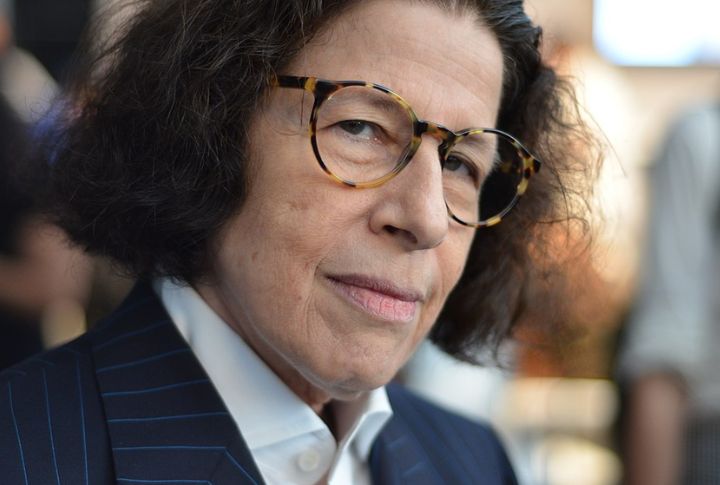
Recognized for her dry, deadpan delivery, Fran Lebowitz has long embraced the role of the grumpy social critic. Regarded as a modern-day Dorothy Parker, she gives unapologetic takes on everything from culture to everyday life. “I’ve never met a kid I liked” is one of her fiercely candid lines.
Tallulah Bankhead

Tallulah Bankhead memorably quipped, “There’s less to him than meets the eye”—a remark which perfectly captured her biting wit. The press rarely missed a chance to quote her because her words seldom failed to entertain. On and off stage, she commanded attention through such remarks, which lingered long after delivery.
Clarence Darrow
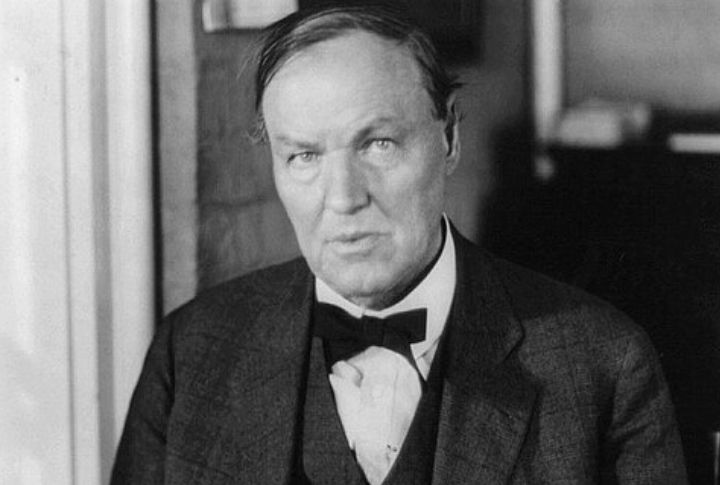
One of America’s most reputed trial lawyers, Clarence Darrow, was known for defending unpopular clients through fierce eloquence. His courtroom style mixed reasoning and biting sarcasm, which turned public sentiment in his favor. As he once quipped in his dark humor: “I have never killed a man, but I have read many obituaries with great pleasure.”
Zsa Zsa Gabor

Few lines shed light on Hollywood wit quite like Zsa Zsa Gabor’s statement when she said, “I’m a marvelous housekeeper. Every time I leave a man, I keep his house.” It illustrates how she used mockery to subvert traditional ideas of marriage, flipping the age-old social expectations for women.
Lady Caroline Lamb

Their brief but scandalous affair caused a stir in Regency-era society, and Lady Caroline Lamb made a comment that would define Lord Byron for generations. Her insight into his dark charisma and unpredictability resonated far beyond their relationship. She famously called him “Mad, bad, and dangerous to know.”
Joseph Welch
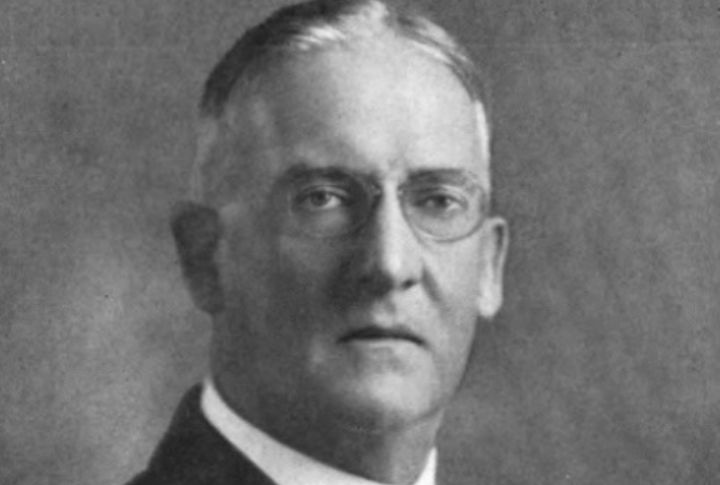
During the nationally televised 1954 Army McCarthy hearings, Joseph Welch delivered a powerful rebuke after Senator McCarthy insulted a young associate from Welch’s law firm. In defense of the lawyer and as a broader moral stand, Welch asked, “Have you no sense of decency, Sir?” The line marked a turning point in the fight against McCarthyism.
Ernest Hemingway
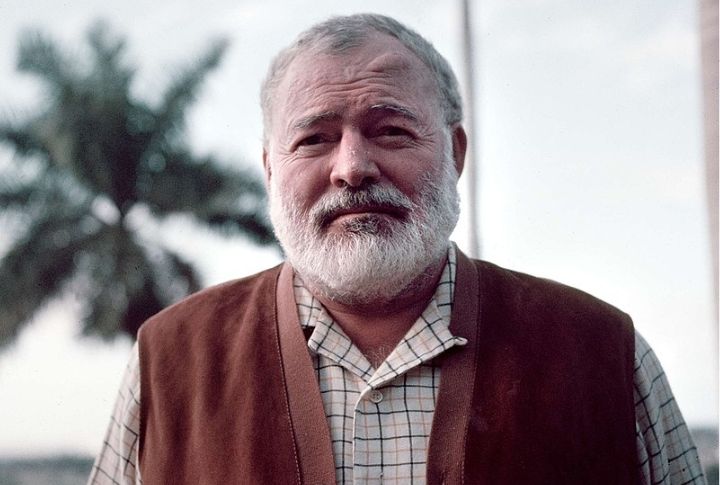
Ernest Hemingway championed direct, unadorned prose and often aimed at writers who favored a more elaborate style. His rivalry with William Faulkner became legendary in American letters. Reflecting on their differences, Hemingway once quipped, “Poor Faulkner. Does he really think big emotions come from big words?” mocking what he saw as literary excess.

